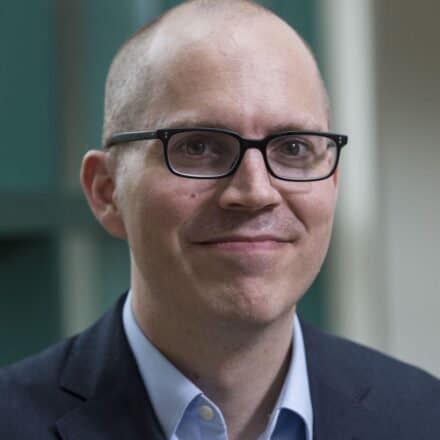Anthony Aguirre | UC Santa Cruz
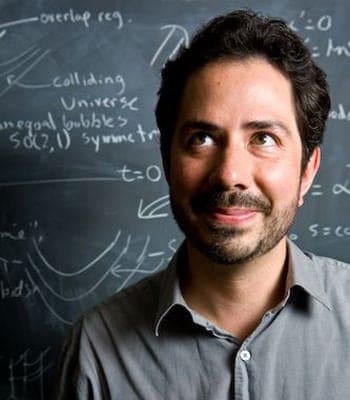
Contents
Anthony Aguirre | UC Santa Cruz
Professor of Physics
What advice do you have for people coping with this crisis?
Strong collective action can — and is the only thing that can — allow us to overcome the crisis. I’ve been inspired many people’s dedication on this front and encourage others to see that this is the norm rather than the exception, and to be as patient and kind as possible with all those who are in this mess with them!
What do we need to do to be prepared for future pandemics?
There will be a temptation to take steps to ensure that this exact crisis does not happen again. That’s good, but the next crisis will very likely be different, so we should pay attention to the predictions of those who have thought carefully about the question of what are the most likely scenarios and especially what can be done to protect against many possibilities at once.
What can we learn from COVID-19 about other catastrophic risks like nuclear war, AI, etc?
There are a lot of problems — and pandemics are just one — where there is a significant amount of warning, but you have to listen quite closely, and pay attention to the probabilities. When something has the potential for runaway growth, you can’t wait until it is actually causing significant problems, because that is too late. You have to take seriously the idea that if a calamity is 1% probable, then you should put a very, very significant amount of effort into preventing its occurrence. It’s much better to do so before it gets to be 90% probable or more!
What can we learn from COVID-19 about how to make humanity more resilient in general?
Humanity is, in general, quite resilient. We’ll survive this and would survive many, many calamities. But that’s not what we want — we want to avoid them! I suggest we try very, very hard to think of some way to provide a reward system for tragedies averted, and not just for bravely persevering through them (as important and noble as that is) when they occur.
About the Future of Life Institute
The Future of Life Institute (FLI) is a global think tank with a team of 20+ full-time staff operating across the US and Europe. FLI has been working to steer the development of transformative technologies towards benefitting life and away from extreme large-scale risks since its founding in 2014. Find out more about our mission or explore our work.
Related content
Other posts about COVID-19
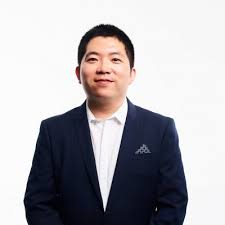
Yi Zeng | Chinese Academy of Sciences/BAAI
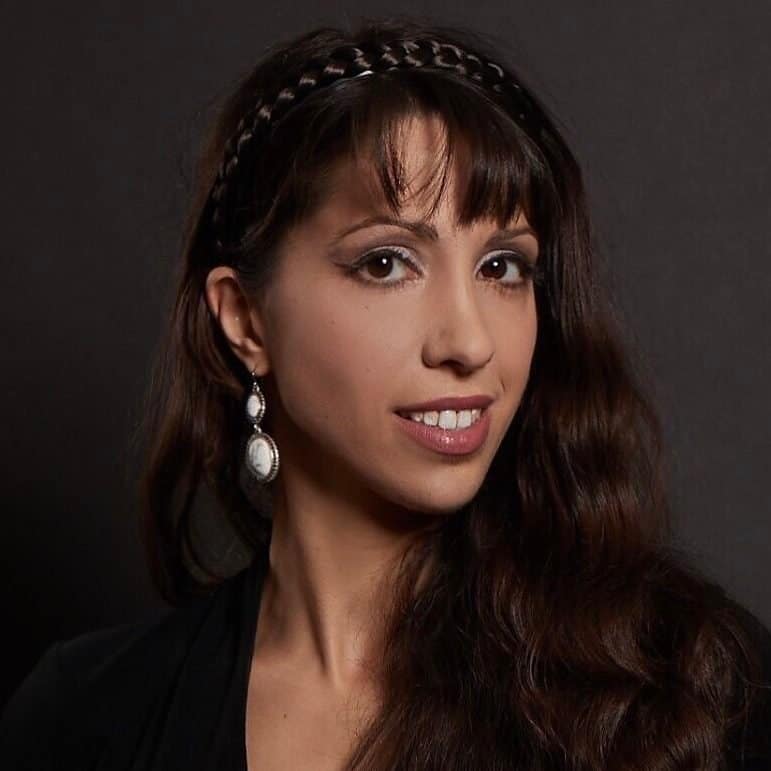
Emilia Javorsky | FLI
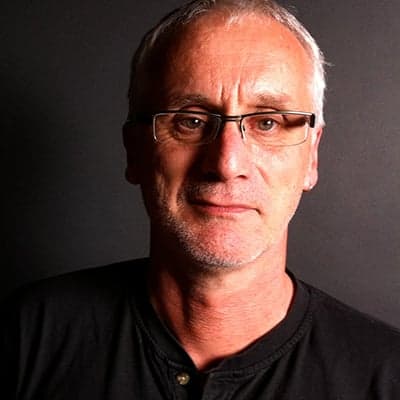
Huw Price | University of Cambridge/CSER
